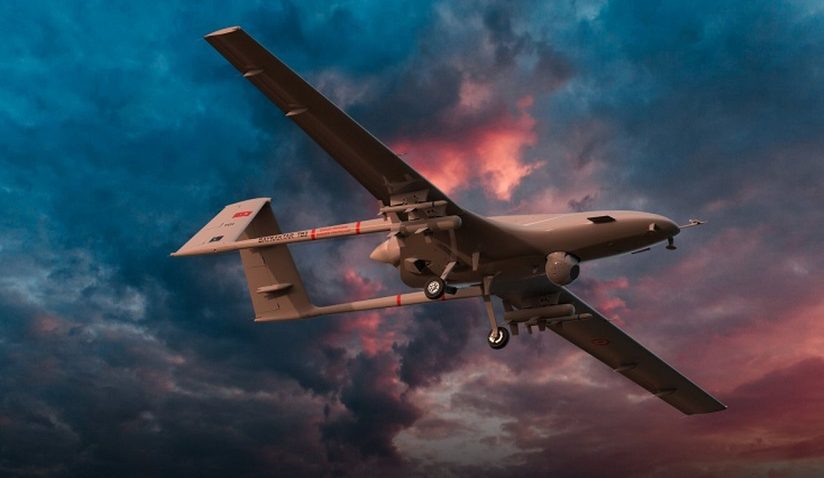The African continent is trying to play a mediating role in the Russian-Ukrainian war. A delegation of six countries has been formed for this purpose. The Arab Maghreb countries are not part of the delegation for various reasons.
For the time being, peace efforts have failed in the current war, while Chinese mediation does not seem likely to bear fruit. This is because the West and Ukraine see Beijing as a supporter of the Kremlin rather than an honest broker, due to Beijing’s undeclared military support for Moscow. Moreover, increased trade with Russia has saved the Russian economy from collapse.
The international community is waiting for the African initiative announced last week by South African President Cyril Ramaphosa. He confirmed the participation of six countries in the peace mission, which will include Senegal, Zambia, Congo, Uganda and Egypt in addition to his country. Russian President Vladimir Putin and Ukrainian President Vladimir Zelensky have both announced their readiness to host the mission.
What is surprising in this mission is the absence of a country representing the Arab Maghreb Union (AMU), Morocco, Algeria, Tunisia, Libya and Mauritania, especially the first two countries because of their influence on the continent. It is the absence of the Maghreb, whereas the statutes of the African Union always provide for the need to involve representatives of regional unions. There are many reasons for this absence:
Firstly, the African mission wants heads of state to participate in the delegation and not be represented by heads of government or foreign ministers. King Mohammed VI of Morocco is not used to participating in international delegations and does not even attend international summits. Algeria, on the other hand, does not like its president to be part of a delegation and not its presidency.
Secondly, observers believe that Morocco and Algeria are not neutral in the Russian-Ukrainian war. In this respect, Algeria refused to denounce the Russian invasion, which Morocco did at the first instance. However, Algeria conducted military manoeuvres with Russia last year and this year, which is seen as an indirect expression of support for Moscow. For its part, Morocco refrained from condemning the Russian invasion at the UN, but it participated last year in the Ramstein summit in Germany, which was devoted to military support for Ukraine. Consequently, Ukraine will view Algeria’s presence in the delegation with reservation, if not rejection, as will Russia’s position towards Morocco.
Thirdly, South Africa is gradually establishing itself as the voice of the continent, leading the ‘independent current’ within the African Union, which primarily defends the interests of the continent. It has established itself on the international scene following its membership of the BRICS group. Morocco does not support South Africa’s initiatives because of the latter’s position on the Sahara conflict. Moreover, Morocco and Algeria are seen more as Arab and Mediterranean countries than as African countries. In practice, when the leaders of great powers such as the United States announce tours to Africa, they do not include any Maghreb country, including Morocco and Algeria. Thus, no US president has ever visited the Maghreb as part of an African tour in the last fifty years. Historically, only one US president has visited the Maghreb region, namely Dwight Eisenhower in 1959, and his visit was limited to Morocco.

